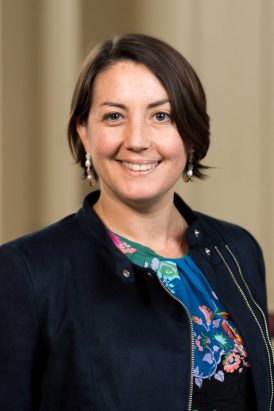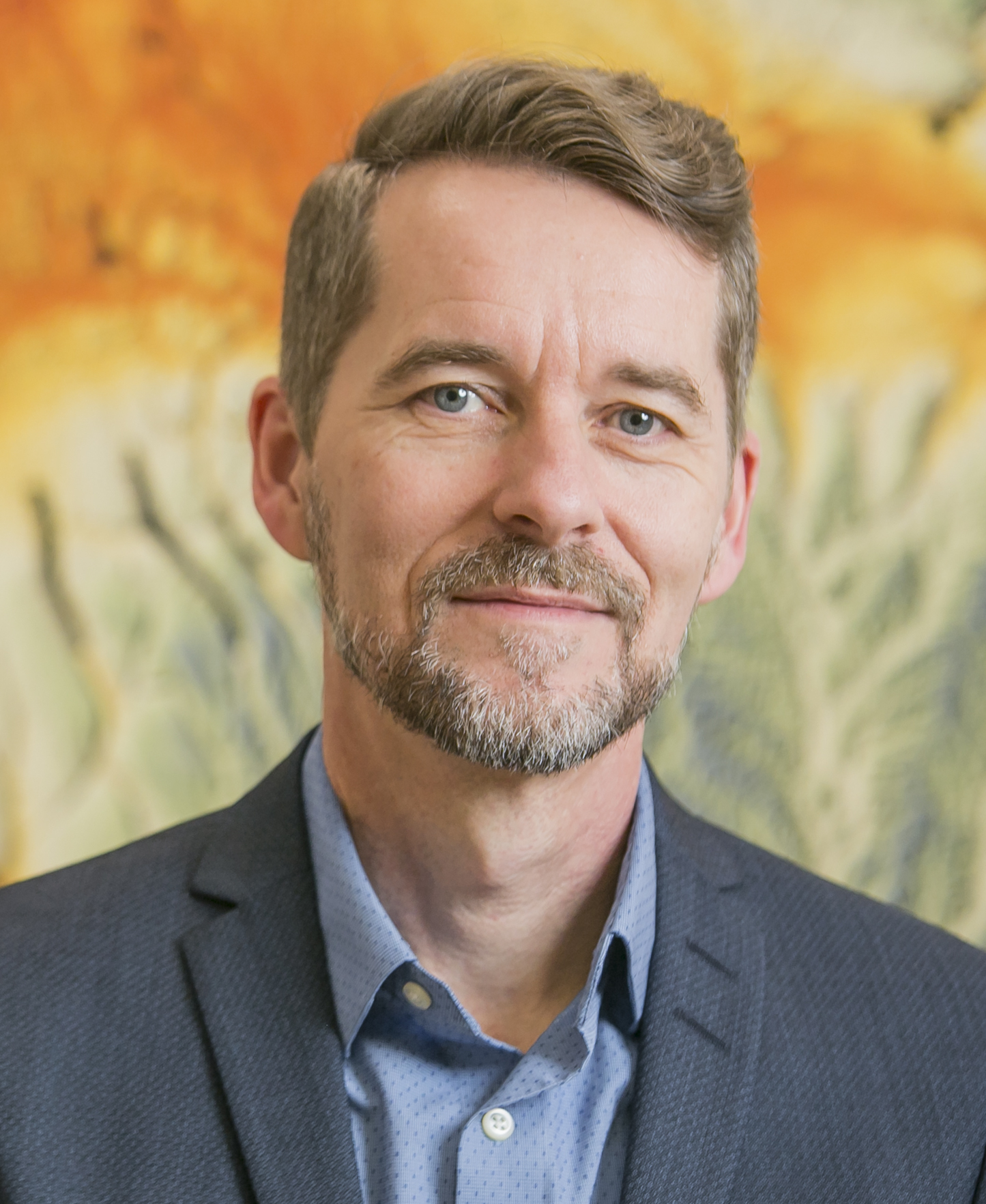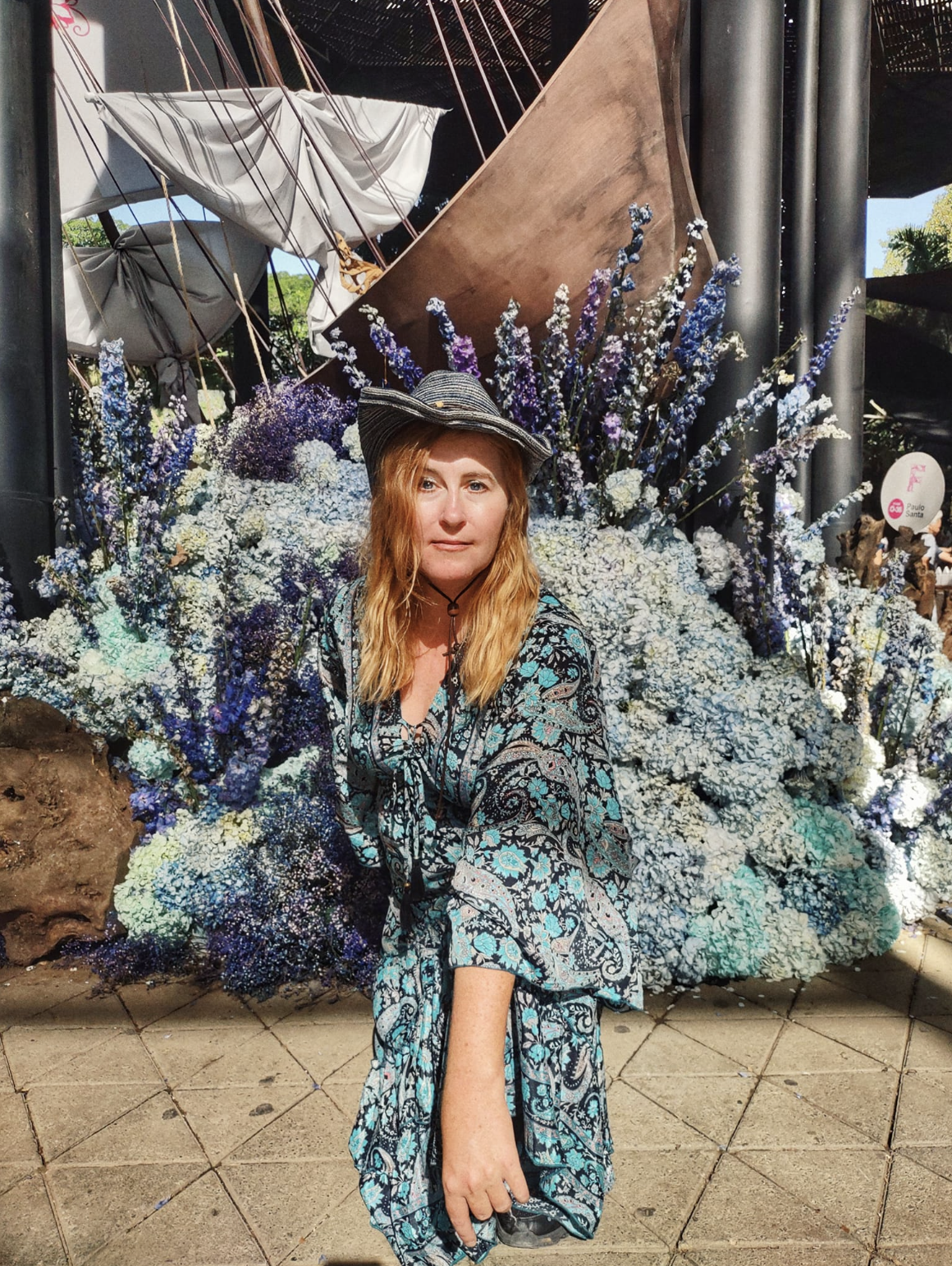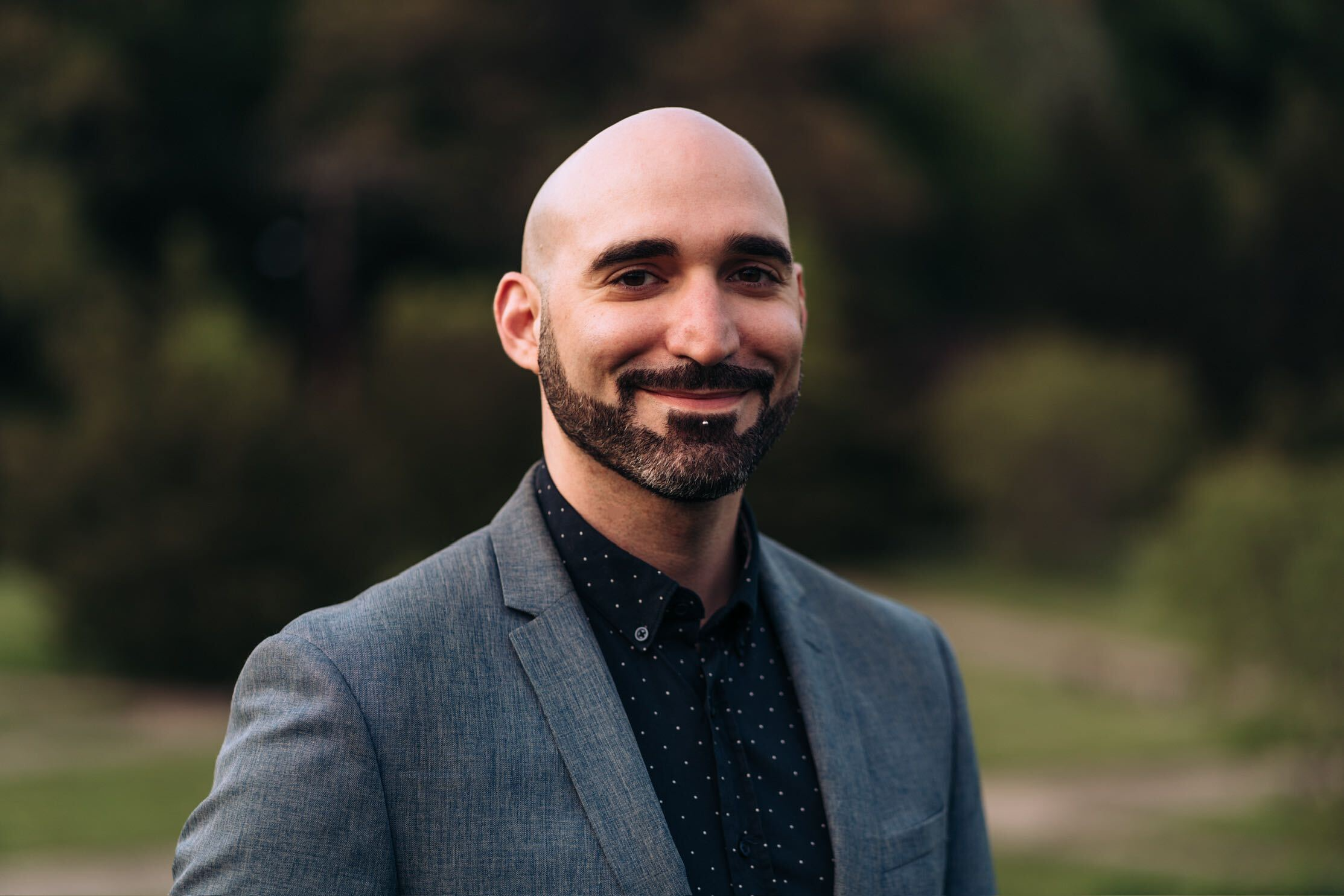Keynotes 2025
Presidential Symposium
Presidential Symposium on the Social-Cultural and Communicative Foundations of Language Development
Organized by Patricia J. Brooks, Ph.D., CUNY Graduate Center and College of Staten Island
(click on any picture below for a biosketch)
Language development unfolds in dynamic social-cultural contexts, replete with feedback from caregivers, other communicative partners, and the child’s own activity. The papers in this symposium provide new perspectives on the social-cultural and communicative foundations of language development, by examining (1) the embedded and embodied nature of infants’ everyday interactions, (2) the socialization of infants’ attention in culturally specific ways, (3) the critical role of feedback for language learning in humans and large language networks alike, and (4) the ubiquity of narrative structure in human communication
The Embodied and Embedded Nature of Infants’ Language Interactions in the Everyday Home Environment
Catherine S. Tamis-LeMonda, Ph.D., New York University
Observations of infants in ecologically valid settings offer unparalleled insights into opportunities for learning. They also challenge narratives that the language environment is too ‘impoverished’, ‘complex’, or ‘messy’ to support language acquisition in the absence of innate, language-specific modules. Studies of 1- to 2-year-old infants interacting with their mothers at home (1-4 video hours per dyad) show that the content and timing of maternal speech temporally aligns with infants’ moment-to-moment behaviors and is characterized by regularities in the activity contexts, locations in space, and the objects of talk in ways that support learning.
Language and Attention Socialization in Prelinguistic Tzeltal Maya Infants
Ruthe Foushee, Ph.D., The New School for Social Research
I will discuss two studies on early knowledge of language and communication as developed by prelinguistic infants in the course of everyday, culturally embedded activities in indigenous Mexico. The first study shows that Tzeltal Maya infants are sensitive to fine-grained distinctions in locally important social language (honorific greeting terms), despite never hearing them in directed speech. The second (ongoing) study investigates contingency in the embodied actions of infants and caregivers, while infants are being carried on their mothers' backs (as they are for most of the day). Both studies are interested in the socialization of attention across developmental contexts, and its implications for communicative development.
Communicative Feedback in Language Learning: Insights from Artificial Language Learning and Large Language Models
Morten Christiansen, Cornell University and Aarhus University
In this talk, I will argue that statistical learning alone is not sufficient to account for the full complexity of human language use—only when combined with communicative feedback can successful learning be accomplished. To support this argument, I report on results from artificial language learning and experiments with different versions of GPT-3. Together, these two lines of research suggest that complex language use requires the incorporation of feedback, gleaned from communicative interaction, into the learning process.
Development Dynamics of Dyadic Storytelling
Erik Thiessen, Carnegie Mellon University
Our goal in this research is to develop and validate a system for coding the presence of narrative in naturalistic conversation. Having done so, we can then assess the convergence between laboratory and naturalistic measures of storytelling behavior. Additionally, this will allow us to describe developmental differences in narrative abilities across age. Finally, in Study 2, we will investigate whether our manual coding of narrative behavior is robust and generalizable enough to be implemented as a machine learning algorithm.
Keynotes
Psi Chi Keynote
Sarit A. Golub, Ph.D., MSW. Hunter College and Graduate Center, CUNY
"Leveraging psychology research for impact: models, methods, and opportunities"
There are tremendous opportunities to leverage psychological concepts, findings, and methods to enhance the ways in which healthcare, education, and other social services are delivered and received. This talk will discuss a range of ways in which psychologists can use their work to produce positive impacts, and describe specific examples from Dr. Golub’s work in partnership with community-based organizations over the past 20 years.
EPA President's Keynote
Patricia J. Brooks, Ph.D., CUNY Graduate Center and College of Staten Island

“Cultivating Media Literacy in an Era of Misinformation and Mistrust”
Ubiquitous Internet access has altered the information landscape in profound ways, bombarding us with content of often dubious quality. In 2018, the American Association of State Colleges and Universities launched its Digital Polarization Initiative (DPI) to teach students how to evaluate online content by investigating sources, finding better coverage, and tracing information back to its original context. In this talk, I present findings from the DPI implementation at CUNY and related efforts organized by CIVIX for Canadian middle and high schools and highlight the special role of Wikipedia as a tool for developing media literacy and agency in turbulent times.
Presidential Invited Keynote
Kristen Gillespie-Lynch, Ph.D. College of Staten Island
“The Neurodiversity Movement: Exploring its History, Controversies, and Possibilities to Promote Positive Development"
Autistic people reframe the diagnostic category "autism," once conceptualized as an innate inability to connect socially, into a social identity which they use as a rallying call for collective action, often under the banner of the neurodiversity movement. The neurodiversity movement reframes disabilities as invaluable for societal progress yet inherently challenging at times. By exploring autism history through the lens of the neurodiversity movement, we can help neurodivergent people thrive while making society more just.
Virginia Staudt Sexton Keynote
Deborah Tolman, Ph.D., Hunter College
“Adolescent Girls' Sexuality and Relationships: Sexual Be(com)ing in the Flesh"
Psychology has evaluated adolescent girls’ sexual/ity development as linear trajectories of emergence: public hair and breasts, sexual (risk) behaviors, identities, good or bad relationships. I will discuss the conceptual limitations and innovations in psychology (in)forming my research on girls’ sexual desires, pleasures, embodiments and psychic lives. I propose “sexual be(com)ing,” displacing linearity with “everything mattering all at once”--dynamic assemblages of embodiments, materiality, emotions, spaciality–that constitute girls’ sexual and relational experiences.
APA Harry Kirke Wolfe Keynote
Lene Jensen, Ph.D., Clark University
“The Cultural-Developmental Approach to Research and Teaching: Psychology in Today’s Global World”
The cultural-developmental approach addresses both cultural diversity and universality in psychological development. It is an alternative to one-size-fits-all theories prominent in the 20th century. This session will describe research using the approach, highlighting how it broadens and deepens our psychological knowledge. The session will also present ways to teach this perspective to students who have come of age in a global world and whose professional lives will involve interactions with people from around the world.
Social Psychology Keynote
Matthew Goldberg, Ph. D., Yale University
“Building public and political will to address climate change”
Climate change is an urgent threat to the people and places we love. Solutions to climate change exist, but are held back by the lack of public and political will to address the issue. Put simply, the primary barriers are social and psychological in nature. In this presentation, Dr. Matthew Goldberg will discuss promising climate change communication opportunities, success stories, and tools for thinking about generating the understanding and motivation to address climate change.
Behavioral Neuroscience/Learning Keynote
Natalie Tronson, Ph. D., University of Michigan

“Neuroimmune modulation of memory: long term consequences and risk for cognitive decline”




.png)





